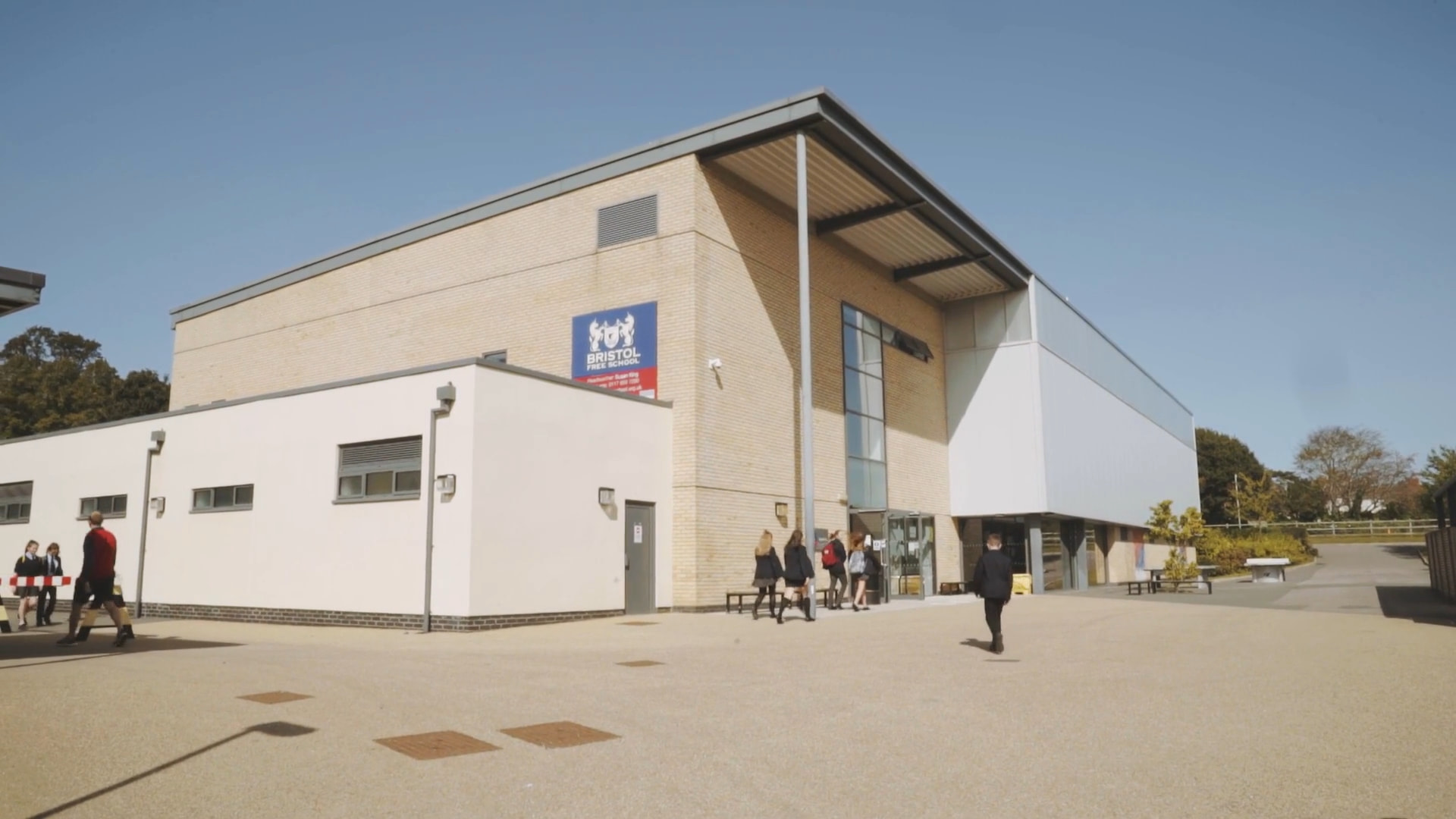
This term introduces the students to the school network and online platforms including Classcharts, Teams and email. Students will also learn how to create folders to ensure they are organised and manage their files. Students will learn about the importance of being safe online and protecting their personal information including how to choose and remember a secure password.
Students will complete a baseline assessment and complete a minimum number of iDEA badges.
Students will develop understanding of the importance of being digitally aware and how to act whilst online as well as the potential consequences of not acting appropriately online.
Students will be aware of how to access resources within school, where to find support and be able to guide each other if needed. Students will also learn more about respecting and how to support others whilst online.
Students will develop an understanding about how computers systems work including learning about hardware such as input and output devices, processors and internal components as well as software and operating systems. Students will also have an introduction to the binary numbering system.
Students will have an end of unit assessment encompassing all topics as well as research tasks and challenges to complete throughout the unit.
Students will develop an understanding of how the technology they use daily functions and operates. They will build on problem solving, research and reasoning skills when reflecting on a system requirements task. They will also develop an understanding of the financial costs involved in creating and maintaining an IT system for different scenarios (eg households and organisations)
Students can support each other in their understanding and reflect on the technological requirements of organisations such as a school.
This is a theoretical unit covering the necessary basic knowledge to use computers safely, effectively and responsibly. Pupils begin by looking at file management and security. Students will learn about e-safety (cyber-bullying, phishing etc.), and online profiles to give pupils a better understanding and awareness of using social media. Students will learn functionality and operation of email and search engines and how to use them effectively.
A short key assessment task on cyber security.
Provides opportunities for reflection of awe and wonder about the achievements in ICT today and the possibilities for the future. Through real life case studies, students consider issues surrounding the misuse and access rights to personal data.
Think and produce work that reflects the needs of diverse audiences within our community and the wider community.
Students will be introduced to block coding using physical computing using Microbits. Students learn about sequence, selection and iteration and are also introduced to variables, accelerometer and music generation using microbits.
Practical Assessment on Microbits programming
- Promote collaboration and problem solving - Encourages open-mindedness, self-assessment, and resilience alongside developing the key computational skills. - Encourages students to develop and explore their problem solving skills.
Think and produce work that reflects the needs of diverse audiences within our community and the wider community
In this term Students will spend two lesson on CareerPilot and then will be introduced to digital literacy and Computer models. Students will create a financial model and learn what if scenarios, conditional formatting and validation along with macros and charts.
End of unit Practical assessment
Students get opportunities for reflection of awe and wonder about the achievements in ICT today and the possibilities for the future
Think and produce work that reflects the needs of diverse audiences within our community and the wider community.
Students learn about control systems and develop an understanding of why and how technology is used all around us. The main focus is learning about input, process and outputs involved in developing controls systems and students investigate the importance of systems design and the consequences of system failure. Students will use Flowol to develop their logical reasoning and problem solving talents, develop programming skills and explore the world of automatic, autonomous systems and robots. Flowol supports many programming elements including sequences of instructions, branching using decisions, loops (infinite, or based on a condition or count), variables and simple variable manipulation and sub-procedures
Students will be assessed practically and will produce a report demonstrating their understanding of the algorithm.
Students gets an opportunity to reflect on how computers can sometimes perform better in certain activities than people and helps students to explore aspects of real and imaginary situation and also develops problem solving skills.
Students are encouraged to develop their team working skills through collaborative work and research.
Students will develop understanding of Small basic language and will be introduced to text based programming. Students will learn use of variables and numbers. Students will learn implementation of sequence, selection and iteration in small basic.
Practical assessment
Students experiment and trust their own beliefs and ideas. Encourages students to develop and explore their problem solving skills.
Think and produce work that reflects the needs of diverse audiences within our community and the wider community.